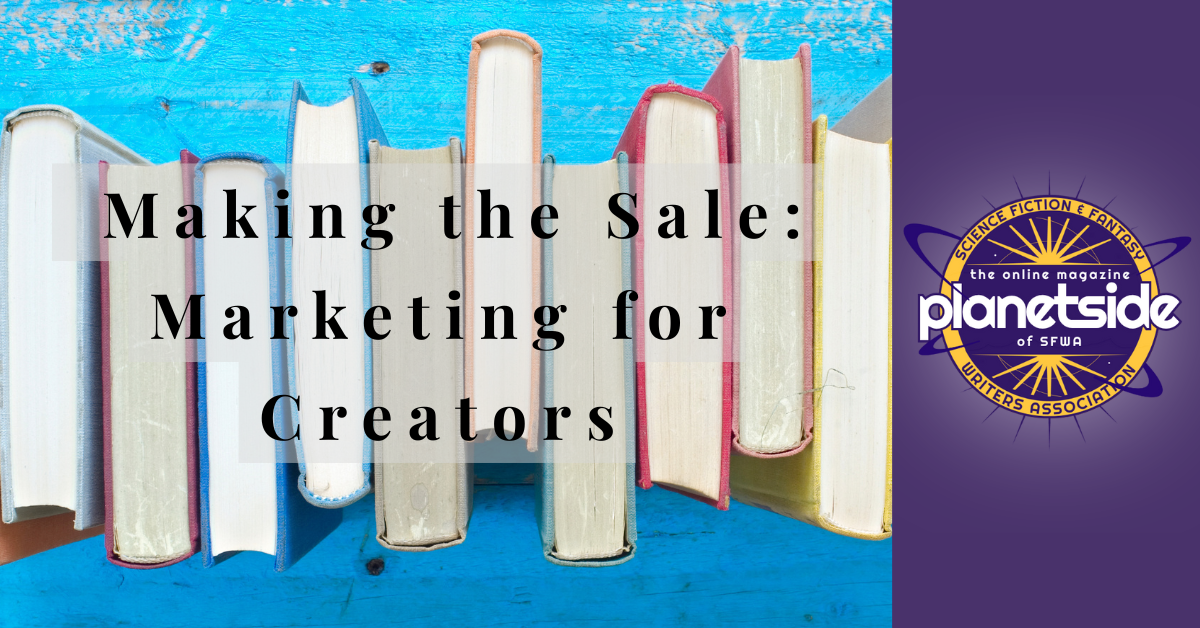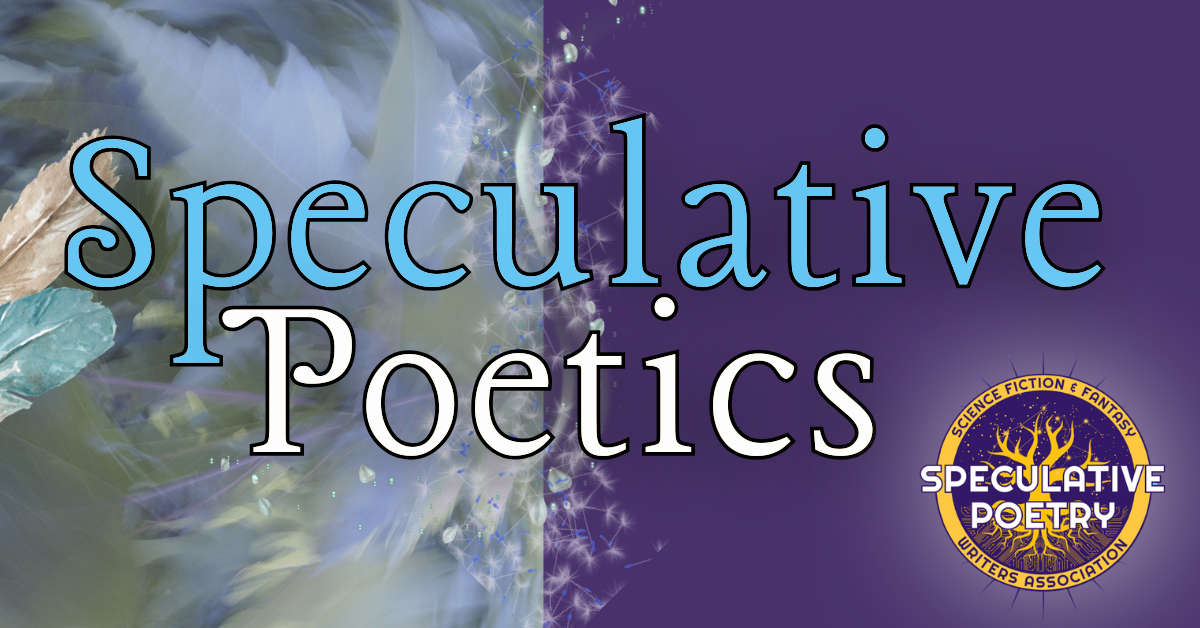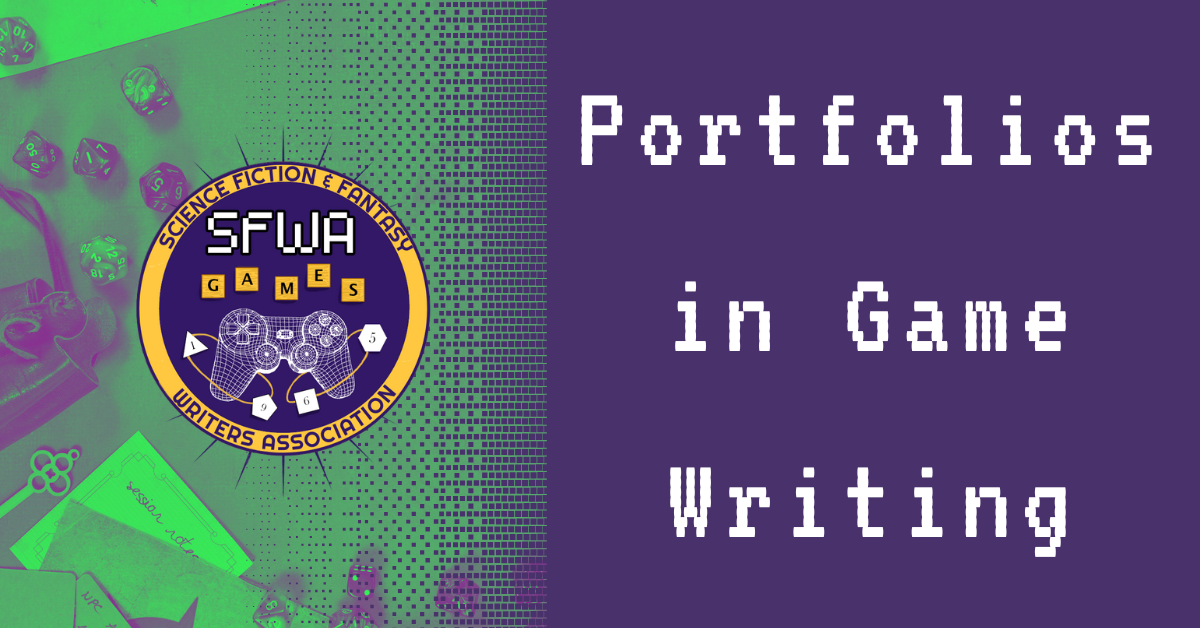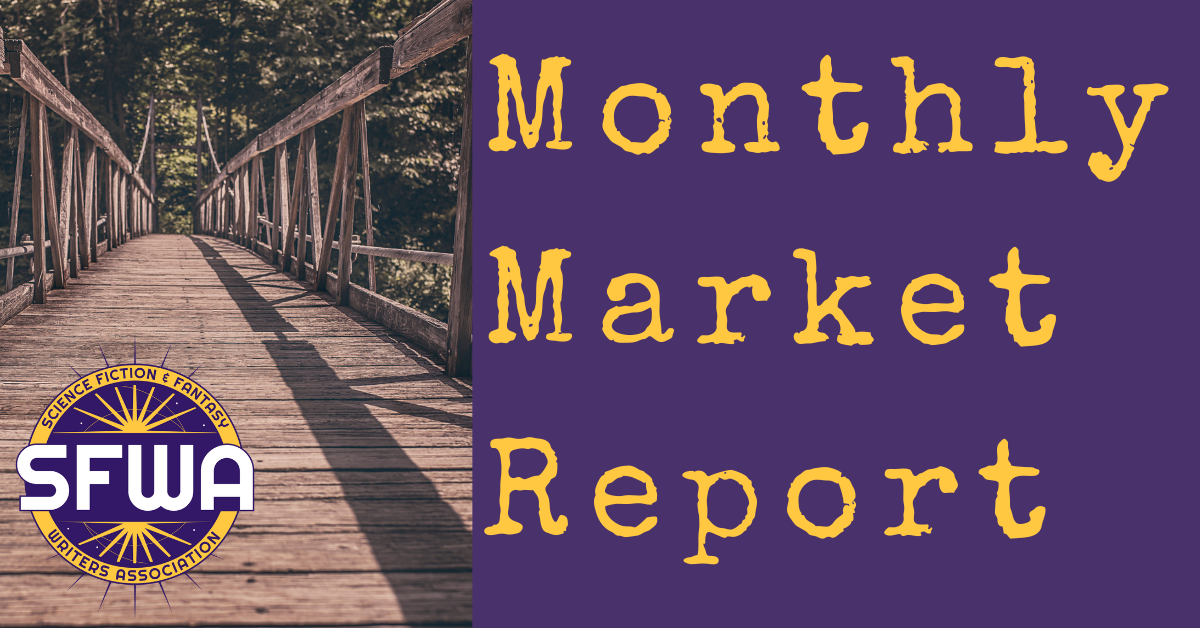Planetside: The Online Magazine of SFWA

-
Crafting a Cover: An Interview with SFF Illustrator and Designer Jeff Brown
by Misha Grifka Wander. In this interview, cover designer Jeff Brown reveals why genre-focused book covers matter, how to collaborate effectively with artists, and why investing in compelling design helps your publishing success.
-
Handling Longer Projects Without Relying on a Plot Outline
by Adriana Kantcheva. Follow a pantser’s evolving process and see how giving ideas time to mature before drafting cut revision turmoil, clarified themes and character arcs, and made writing a novel less overwhelming.
-
How to Hand-Sell Books for Fun and Profit
by Steven D. Brewer. Learn how to engage readers, create effective hooks, give compelling pitches, and sell books face‑to‑face at conventions and local events to build and grow your audience.
-
STEM and Leaf: Writing Math and Science Poetry
by Ursula Whitcher. Learn how to craft STEM‑inspired poems by combining poetic and scientific techniques, guided by close readings of contemporary science‑inspired work.
-
Beyond the Beauty: A Research Guide for Responsible SFF Worldbuilding
by Kemi Cole. Discover Lake Bunyonyi’s hidden past and learn practical methods for SFF worldbuilding grounded in cultural respect and meaningful engagement with the communities that could shape speculative worlds.
-
Is It Flash Fiction or Poetry?
by Liz J. Bradley. Explore the blurred boundary between poetry and flash fiction. Examine form, language, and emotion to decide when a story belongs to verse or prose.
-
What Publishers Are Looking For in a Portfolio: A Conversation with Matt Orr of Wet Ink Games
by Richard Ruane. This interview with Matt Orr shows how to tailor portfolios, present game design samples, convey industry awareness, and highlight relevant skills—all essential strategies for breaking into tabletop and video game writing.
-
SFWA Market Report For December
Welcome to the December 2025 Market Report, which includes SFF market openings, closures, & other changes of note for SFF creators on the submission trail.
-
BIPOC Voice Narration
by Andrew K Hoe. BIPOC authors face unique challenges in podcast narration. This article examines representation, voice authenticity, self‑advocacy, and editorial dynamics, and explains how narrator choice impacts cultural respect and authorial identity.


















